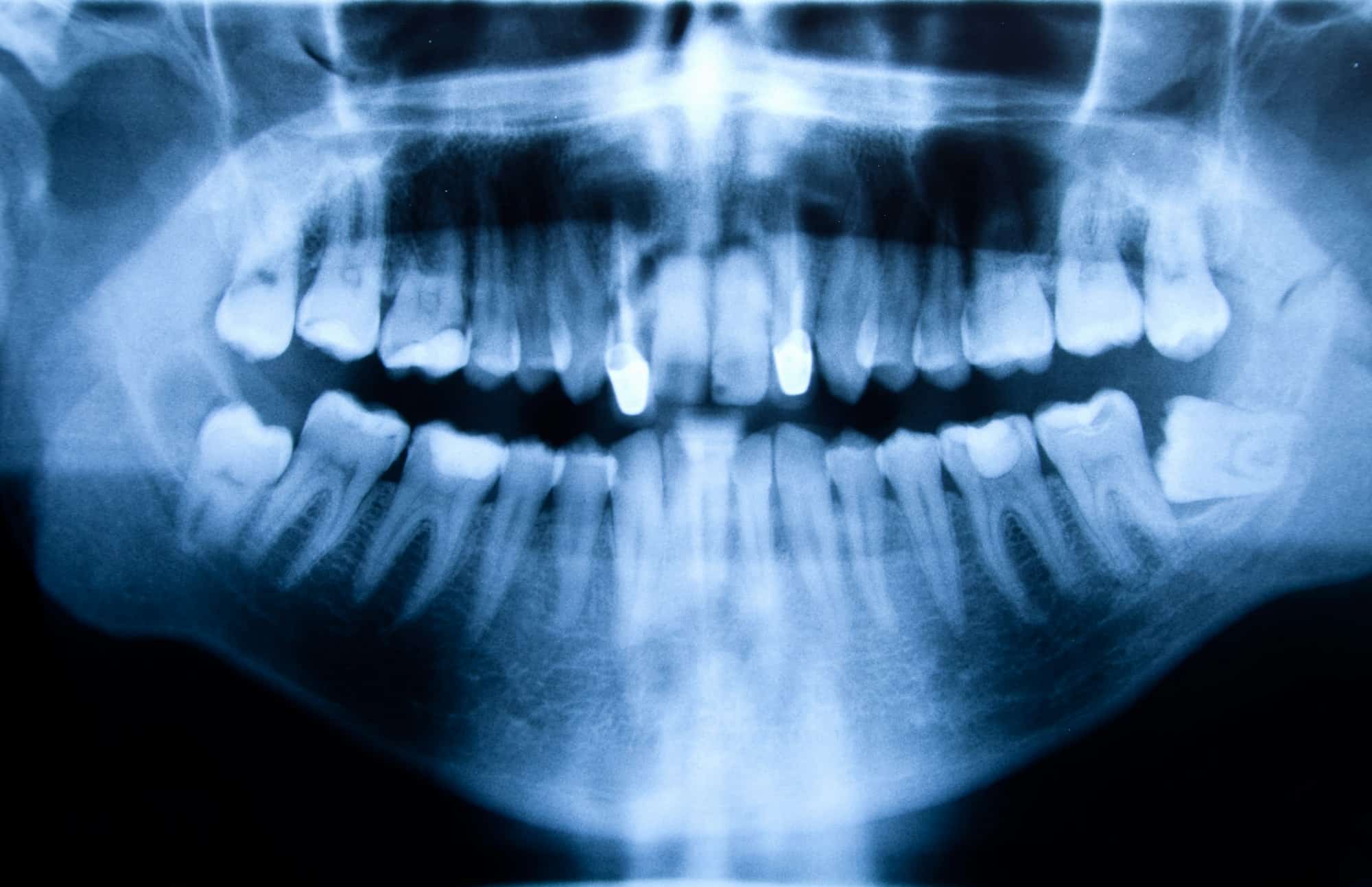How Can Periodontal Health Be Maintained in Athletes to Avoid Impact on Performance?

From the start, the significance of oral health for maintaining the overall wellness of an individual has been emphasized by health professionals. Yet, it is often overlooked in the athletic community. Athletes, while being notoriously cautious about their physical fitness, tend to neglect oral health. This negligence can lead to severe periodontal issues, which can adversely affect their athletic performance. This article aims to shed light on the importance of periodontal health in athletes and discuss how it can be maintained to avoid negative impact on performance.
The Link between Periodontal Health and Athletic Performance
Before diving into the measures for maintaining periodontal health, it is crucial to understand its significance. The mouth is a gateway to the body. Unhealthy oral habits can lead to periodontal disease, which is an infection of the gums that gradually leads to the destruction of the support of your natural teeth.
A lire en complément : What’s the Role of Team-Building Activities in Enhancing Cohesion in E-Sports Teams?
This condition doesn’t only cause discomfort and tooth loss, but it also has systemic implications. Recent research has found a correlation between oral diseases and systemic health issues, like cardiovascular disease, diabetes, and respiratory diseases. For athletes, this could mean decreased endurance, impaired performance, and extended recovery times.
The Need for Periodontal Care in Athletes
Given the potential implications, athletes need to prioritize their periodontal health. The demanding physical efforts athletes put in during training and competition can have an indirect effect on their oral health. High-intensity workouts can reduce saliva flow and shift the mouth’s pH balance, creating an environment conducive to bacterial growth and gum disease.
En parallèle : What Is the Effect of Plyometric Training on Bone Density in Female Athletes?
Additionally, athletes often rely on sports drinks, energy bars, and gels, which are usually high in sugar, further contributing to tooth decay and gum disease. Hence, it is vital for athletes to be mindful of their oral health as they are for their physical fitness.
Preventive Measures for Periodontal Health
The key to good periodontal health lies in prevention. Below are some strategies athletes can incorporate into their routine to maintain a healthy mouth and gums.
Regular Oral Hygiene Routine
It may sound cliché, but regular brushing and flossing are the first line of defence against periodontal disease. Athletes should aim to brush their teeth at least twice daily with fluoride toothpaste. Flossing should be done at least once a day to remove any plaque build-up between the teeth.
Balanced Diet and Limited Sugar Intake
A balanced diet, rich in vitamins and minerals, can bolster your gum health and immune response. Athletes should aim to consume a variety of foods from all the food groups, including ample fruits, vegetables, lean proteins, and whole grains. Limiting the intake of sugar, especially in sports drinks and energy bars, can significantly reduce the risk of tooth decay and gum disease.
Regular Dental Check-ups
Regular dental check-ups allow for early detection and treatment of oral health issues before they escalate into serious problems. An athlete should aim for at least two dental check-ups a year. However, those who have had periodontal disease before might require more frequent visits.
Treatments Options for Periodontal Disease
Despite the best preventive efforts, athletes may still develop periodontal disease. It’s crucial not to ignore the signs and symptoms like bleeding gums, persistent bad breath, or loose teeth. Early detection can make the treatment simpler and more successful.
Non-Surgical Treatments
In the early stages of periodontal disease, non-surgical treatment options may be effective. These include Scaling and Root Planing (SRP), a deep-cleaning, non-surgical procedure that removes plaque and tartar from below the gum line.
Surgical Treatments
If the disease has progressed to a more advanced stage, surgical treatments may be necessary. These include flap surgery, bone grafts, or tissue grafts to restore the health of the gums.
In conclusion, periodontal health is an essential aspect of overall wellness and athletic performance. Athletes need to understand its importance and take proactive steps to maintain it. With the right preventive measures and timely treatment, athletes can maintain their oral health and keep at the top of their game.
The Impact of Periodontal Health on Athletic Recovery and Rehabilitation
Having a clear understanding of how periodontal health directly relates to athletic performance, it’s equally important to understand its potential effects on athletic recovery and rehabilitation processes. Periodontal disease can lead to systemic inflammation, which can delay the body’s natural healing process and extend recovery time.
During high-intensity workouts, athletes are exposed to physical stress and trauma, which can result in injuries. Following an injury, the body’s natural healing process kicks in, involving inflammation and tissue repair. However, in athletes with unhealthy gums, the systemic inflammation caused by periodontal disease can add extra stress to the body, potentially delaying the healing process.
Additionally, some treatments for periodontal disease, such as surgery, can necessitate a period of rest and rehabilitation that can disrupt an athlete’s training schedule. In severe cases, this could lead to a significant setback in the athlete’s performance and progress.
Furthermore, the discomfort and pain caused by periodontal disease can impair an athlete’s ability to maintain a regular eating routine, which is crucial for providing the necessary nutrients for recovery. A painful oral condition can restrict an athlete’s dietary choices and decrease their energy intake, impacting the overall quality of their diet.
Therefore, maintaining periodontal health not only aids in optimal athletic performance, but it also facilitates quicker recovery and efficient rehabilitation, allowing athletes to return to their sport as quickly as possible.
Incorporating Periodontal Health Education and Awareness in Sports Training
The importance of periodontal health in athletes goes beyond personal oral hygiene. It’s a collective responsibility that should be incorporated into sports training at all levels. Coaches, trainers, and sports medicine practitioners play a pivotal role in promoting oral health education and awareness among athletes.
Educating athletes about the link between periodontal health and athletic performance can motivate them to adopt healthier oral hygiene habits. Regular workshops or seminars on oral health can be scheduled as part of the training program, covering topics such as the importance of regular dental check-ups, the impact of diet on periodontal health, and the correct techniques of brushing and flossing.
Moreover, sports organizations can collaborate with dental professionals to provide routine dental screenings for athletes, encouraging early detection and treatment of periodontal issues. This can also be an opportunity to educate athletes about the potential risks associated with common sports nutrition practices, such as frequent consumption of sugary sports drinks and energy bars.
In conclusion, periodontal health is not just about having a beautiful smile; it directly impacts an athlete’s performance, recovery, and overall wellness. By incorporating oral health awareness in sports training and encouraging preventive care, athletes can stay on top of their game and achieve their full potential.
